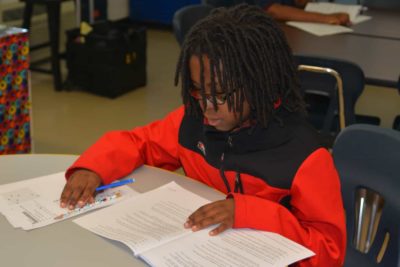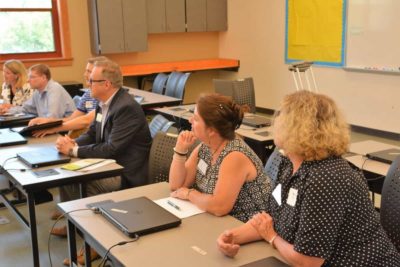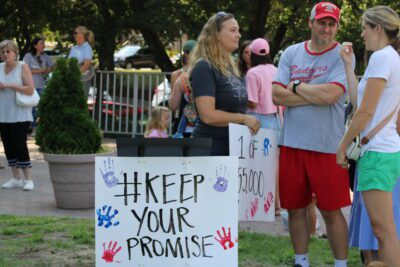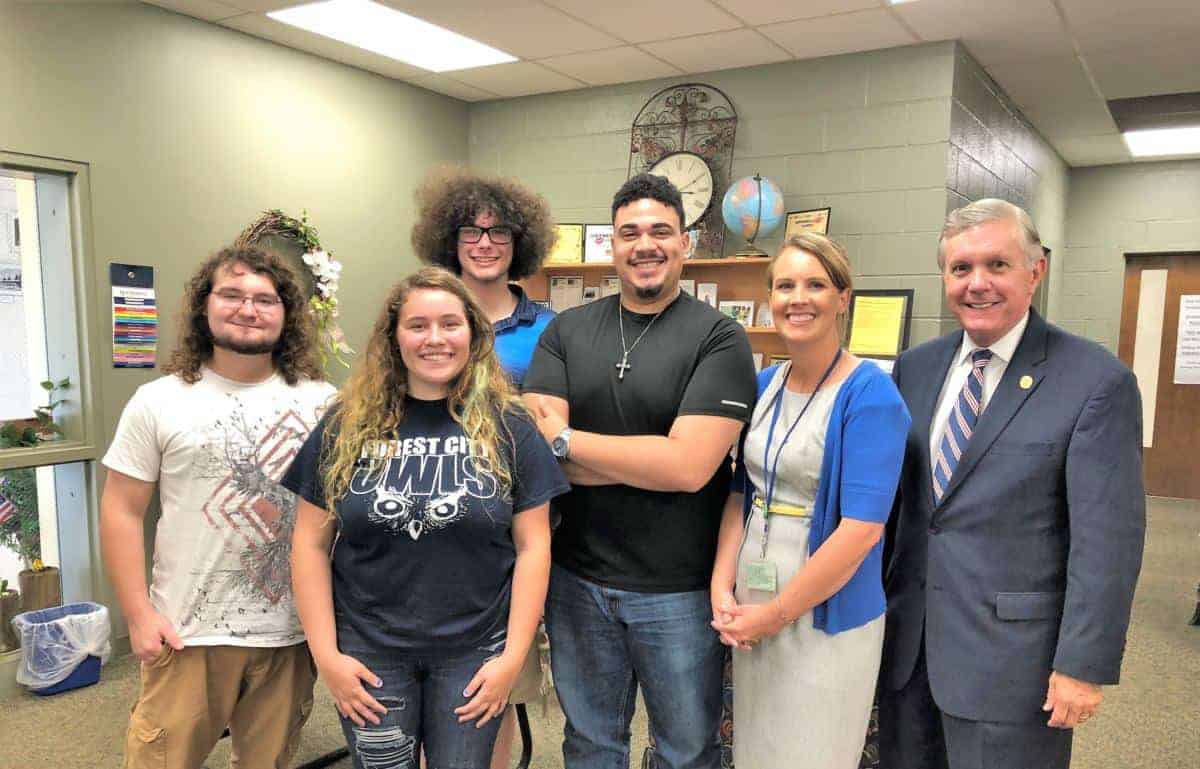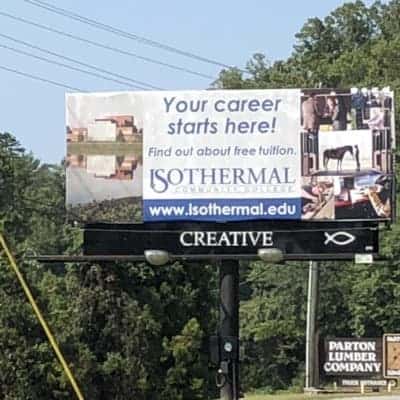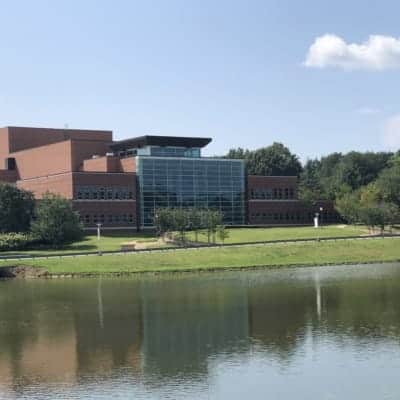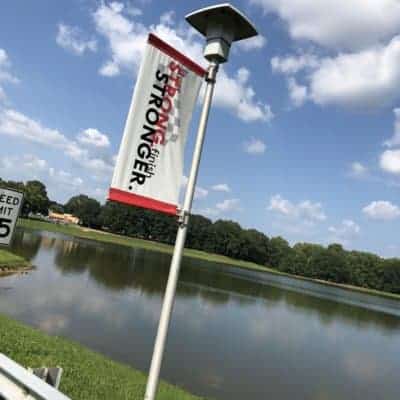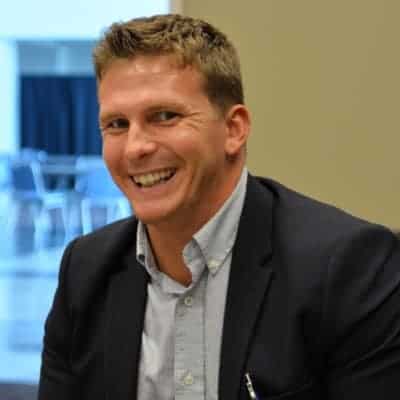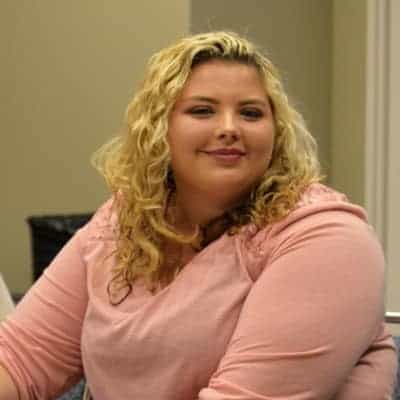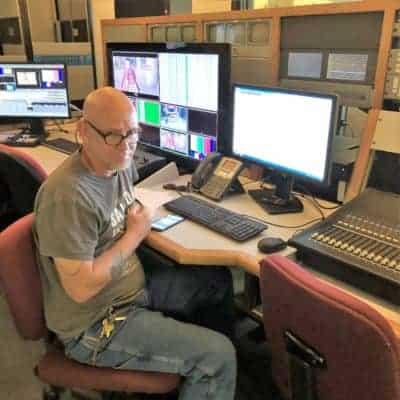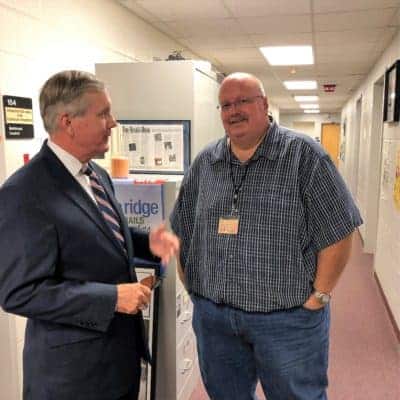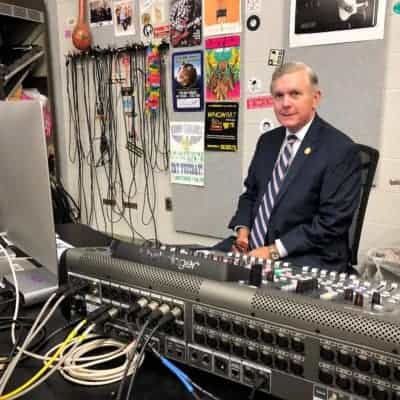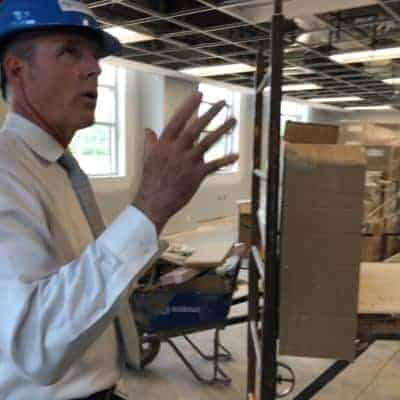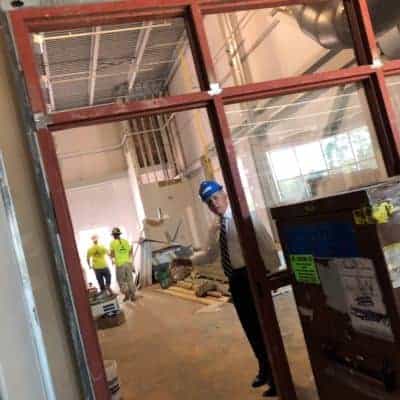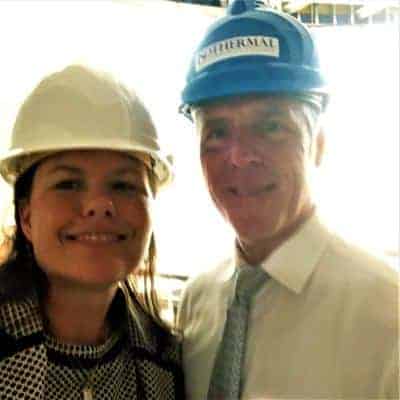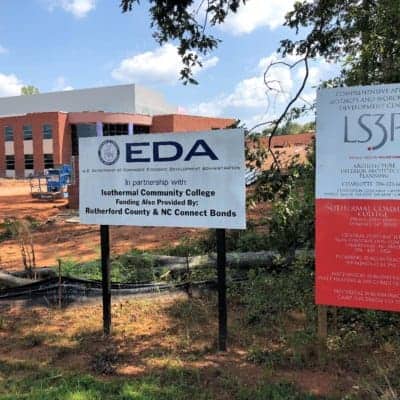“I was falling slowly out of school,”
says Lexi Lowry, a student at Isothermal Community College in Spindale. ICC serves Polk and Rutherford counties.
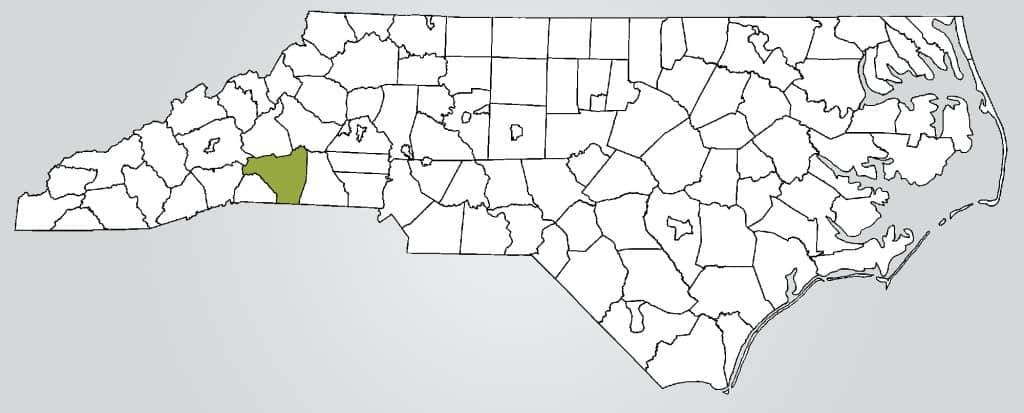
President Walter Dalton has a long history of public service in North Carolina, serving in the state senate and as Lieutenant Governor before coming to ICC five years ago. He talks about ICC’s “challenge of change,” a phrase coined by Dallas Herring, the father of North Carolina’s community college system. He breaks the challenge down to the micro level, such as supporting students like Lowry when life happens, and the macro level, such as supporting the community as the economy continues to shift in the region.
President Dalton was in a local store recently, and a former student recognized him from the community college. She told him, “That place gave me confidence.”
Under Dalton’s leadership, there has been a culture shift at ICC. It started as the college began to prepare a quality enhancement plan for accreditation, but along the way, the process became more and more focused on the students. When administrators asked what was causing students to leave, they identified “barriers to academic progression and completion” that could be addressed through comprehensive educational planning. Start strong, finish stronger became the goal for all students.
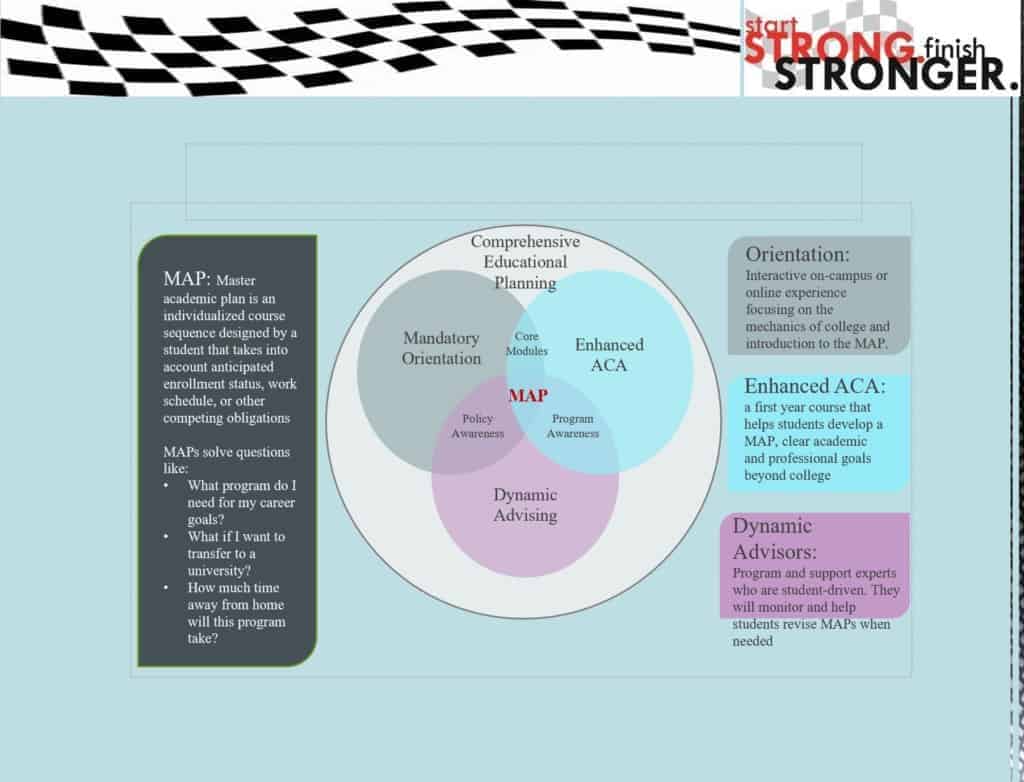
ICC’s holistic approach begins as students enter the doors. Students are required to go through orientation in the first semester. Within the first year, they complete a class on academic and student success, called ACA. Then, there is dynamic advising. When I ask what that means, there are a lot of answers: intrusive advising, proactive advising, realistic advising. When I ask President Dalton what it means to him, he says, “damned good advising,” with these goals for student support:
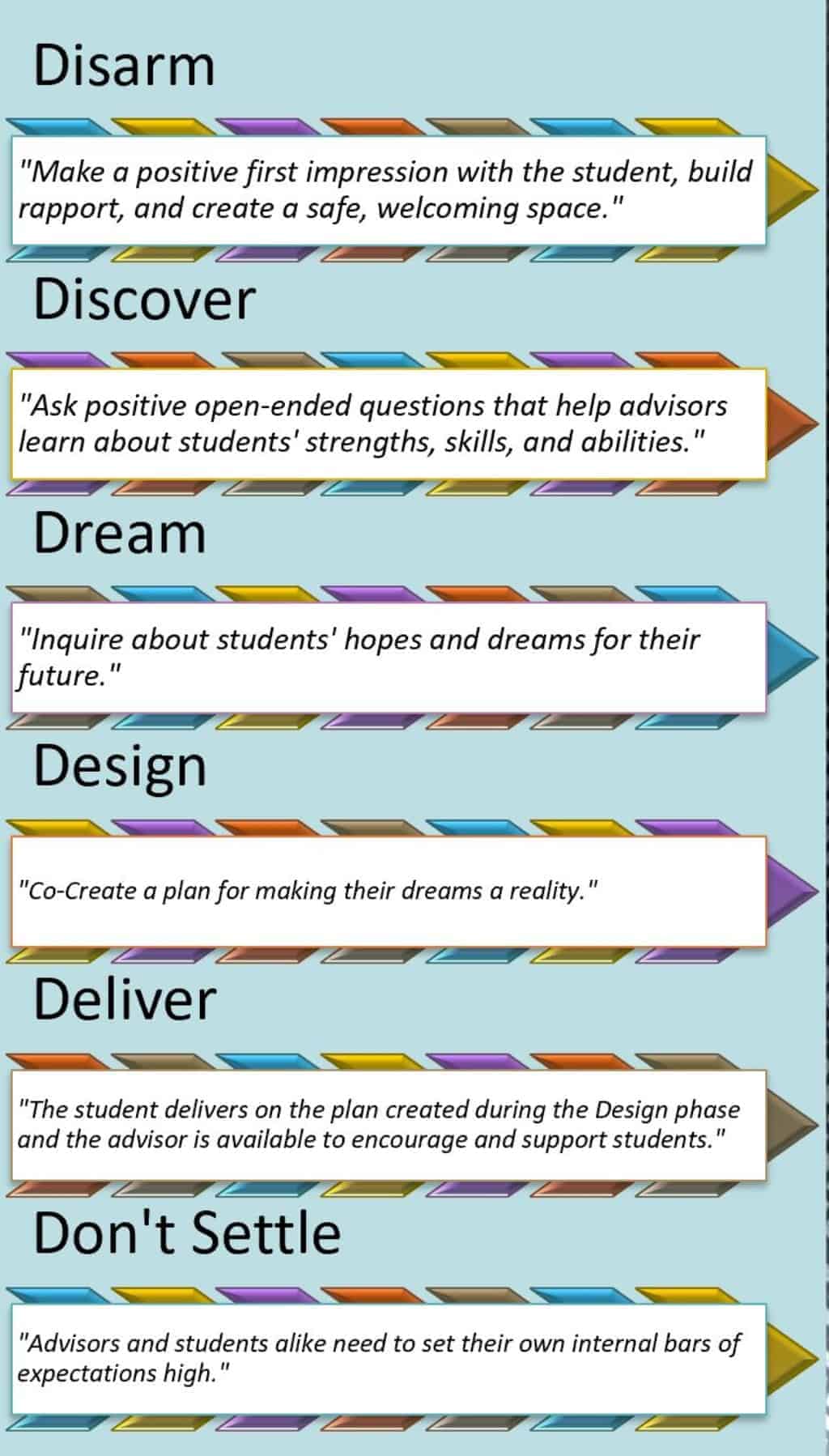
ICC’s Peer 2 Peer Mentor program “matches second year students with first year students to provide support and guidance for successful student retention,” according to an overview of the program. Lexi Lowry says, “I would not be here if it wasn’t for this program.”
For the mentors and the students they serve, this program is an important component of retention at ICC. Lowry tells the story of a student who she knew growing up who was also falling slowly out of school because she needed to parent her younger siblings. Lowry knew the student, if she could just stick with it, would be the first in her family to graduate from college. She convinced the student that, “yes, school is where you need to be.”
Loreen Smith, an instructor with the Peer 2 Peer Mentor program, says, “We recognize within our students certain talents they don’t even know they have.” She walks us through “what if” moments that all students think about. What if I don’t complete my homework? What if I don’t show up for class? What if I don’t ever return to college? She says this personal, student-to-student support is critical for retention and completion, but more importantly, she says, “Whether it’s in five days, or five weeks, or five years, I hope the students remember the kindness shared.”
Wes Byers, a mentor, says these peer-to-peer relationships break down social barriers for students, allowing students to seek help and say, “I have a question.”
Thad Harrill, a vice president of ICC, connects the dots across these programs, noting that now “there is a process to persistence” for students.
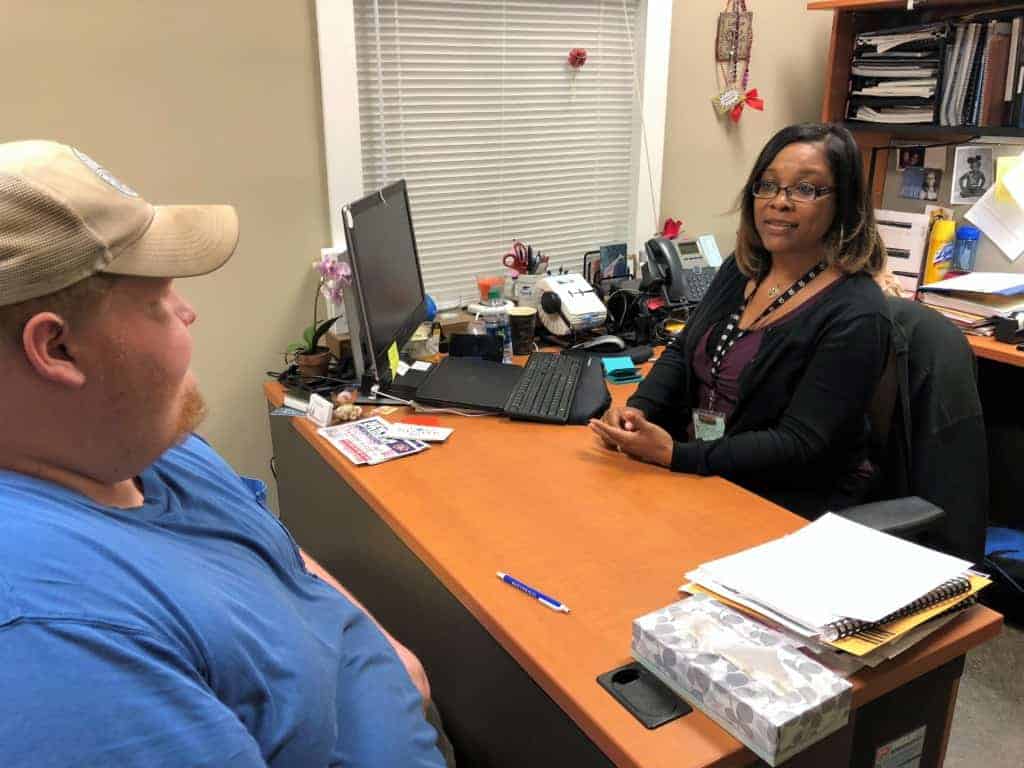
Does this holistic approach work? Take a look.
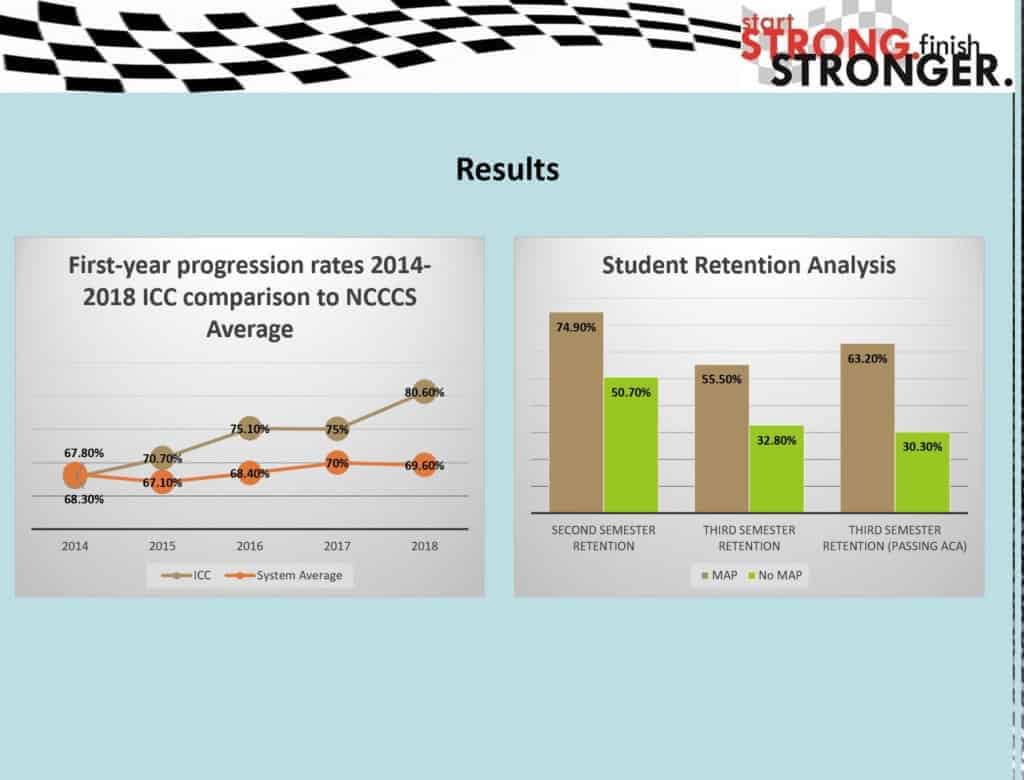
President Dalton says, “We are the one beacon of light, of hope, of opportunity.” He says for many people in the region, “this college is the thing most people have pride in.”
Moving from the micro to the macro challenges of change
When it comes to the “total conversion of the economy,” President Dalton has a variety of strategies he is implementing to help the communities he serves meet the challenge of change.
The Powers Scholarship allows ICC to offer what Dalton calls a “last mile scholarship,” which provides total tuition funding for eligible students.
Noticing a niche market developing on the eastern seaboard, the community college is creating a new degree called Equine Assisted Activities and Therapies (EAAT).
A partnership called WISE, the Western Carolina University and Isothermal Community College Success in Education program, creates 58 different pathways for students to move from the community college to WCU.
To connect students to employers, in partnership with the school district and a local philanthropy, a new program called Steps to Success will create job-site internships and applied learning opportunities, which coupled with coursework and a capstone project will bridge the path to employment.
Duke Energy needed workers for substations because when the electricity goes down, without them, there is a domino effect. ICC is offering the Electrical Utility Track to meet the need.
ICC has a stunning performing arts center, and Dalton dreams of building a hotel on the campus so people can come and spend the night for the performances but also to give students in the culinary arts program an on-site work experience.
The list goes on and on.
Check this one out. ICC also has a public radio station. “WNCW,” says Dalton, “is our window to the world.” But in our 21st century global economy, he continues, it is also “the world’s window to Western North Carolina.” A grant from the Blue Ridge National Heritage allows the station to catalog roots music. The station plays what President Dalton describes as an “eclectic” mix from Celtic to bluegrass to Frank Zappa on Fridays.
Then to attract industry to the campus, President Dalton is building a state-of-the-art Applied Sciences and Workforce Development Center.
President Dalton wants community college to be a first choice for students, not a default choice. He wants the state to understand the asset it has in our community college system. And with his wealth of experience from his years of public service, it’s no surprise that President Dalton has a list of challenges he hopes the state will address.
#Awake58 is the beginning of a statewide conversation about our community colleges. Do you agree? Do you disagree? What challenges and opportunities do you see facing our community colleges?
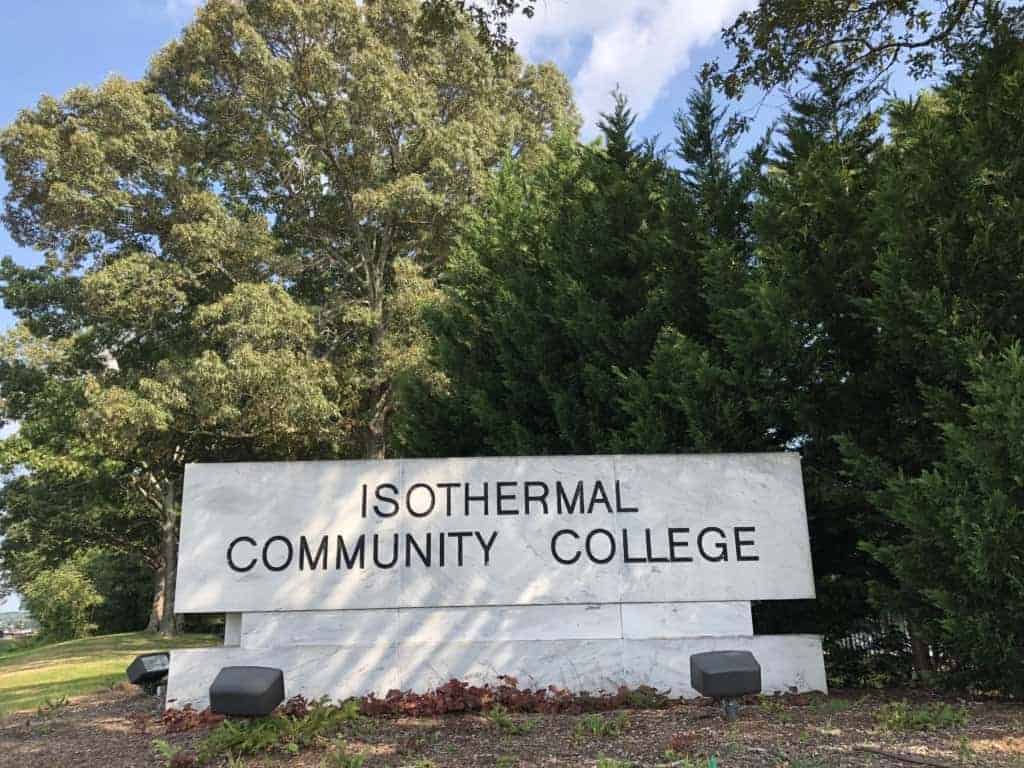
What does isothermal mean?
President Dalton tells me that when the community college was established in 1964, they were looking for a name that the folks in Polk and Rutherford counties could agree on. Protected by the mountains, the area enjoys more consistent temperatures, cooler in the summer and warmer in the winter. The dictionary definition of isothermal is “of, relating to, or marked by equality of temperature.”
Recommended reading
